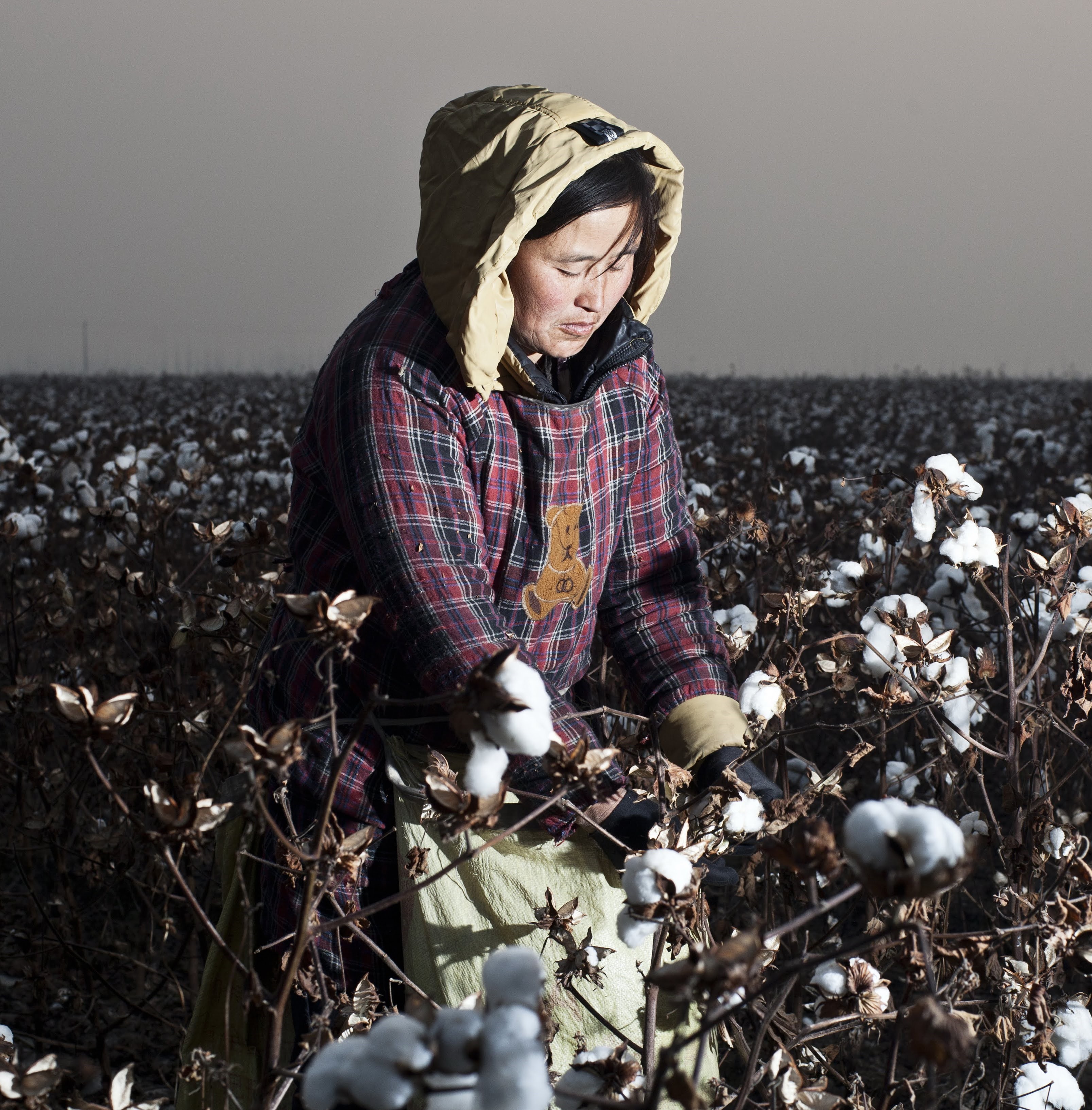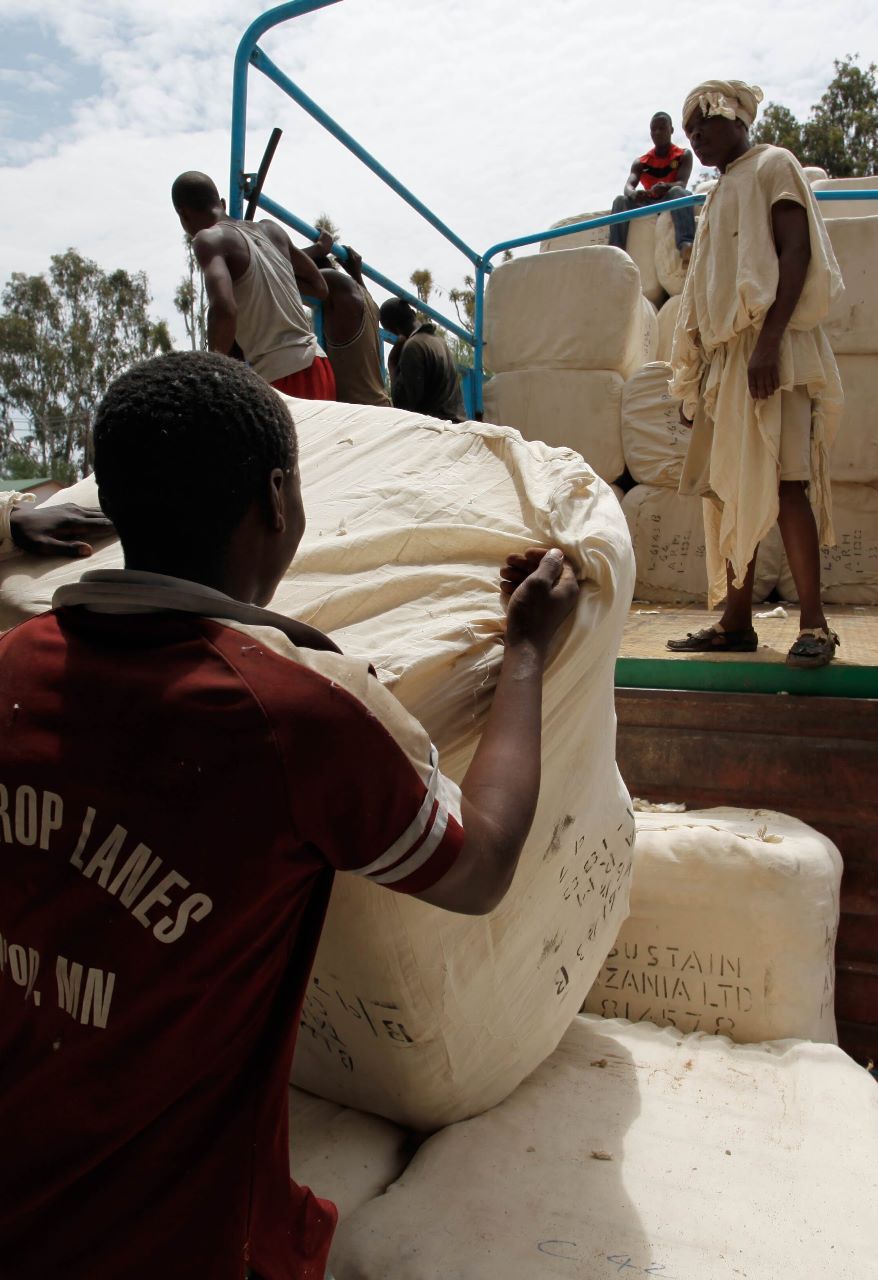Cotton Papers
The Sustainable Cotton Hub includes a collection of in-depth papers examining the state of sustainability in the cotton sector. Each paper will look into a specific topic in this field.

Cotton has more potential for sustainability than synthetic fibers, but if retailers and brands don’t change their relationship with cotton farmers and their value chains, the damage to livelihoods, environments, and future production may become irreversible.
The 2020s are the decade of action on climate change. Everyone in the cotton value chain is being affected by climate change, as well as contributing to it. The need to accelerate our efforts is becoming clearer as more extreme climate events occur, which themselves are affecting cotton production.
This paper highlights the responsibility of corporate actors in the cotton value chain, most especially consumer-focused retailers and brands, about the need to address cotton production in a changing climate.

The first Paper explores the topic of Cotton and Corporate Responsibility. It highlights the responsibility of corporate actors in the cotton value chain, most especially consumer-focused retailers and brands. The accompanying company rankings look at which large companies are doing the bare minimum of sourcing 100% of their cotton from certified sources.
Companies can create a world where being a cotton farmer does not mean a life of poverty. They can enable producers to adapt and grow cotton in a changed climate. And consumers can buy cotton with the confidence that it has been grown without harming people or the planet. These are entirely achievable possibilities.